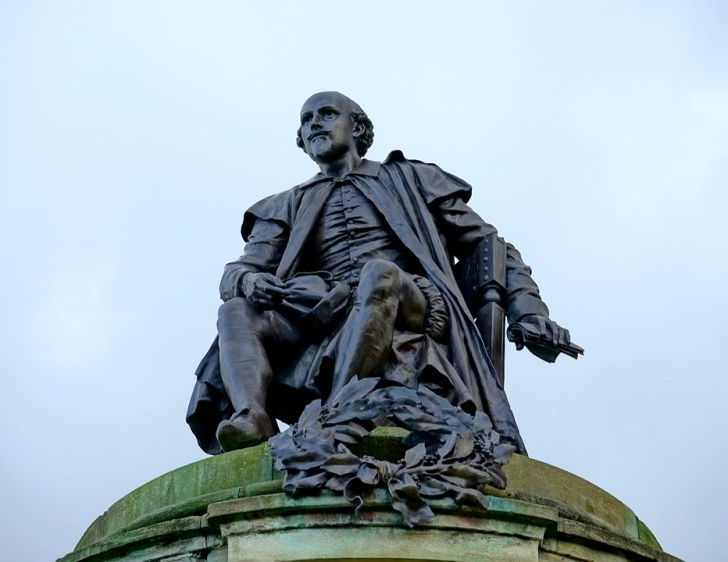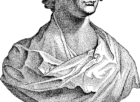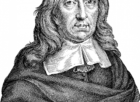Homers Iliad: An Epic Tale of War and Heroism

Introduction:
Homers Iliad, one of the most renowned and influential works of ancient Greek literature, has captivated audiences for centuries with its gripping narrative and profound exploration of human nature. This epic poem, believed to have been composed in the 8th century BCE, serves as a timeless testament to the ravages of war and the courage of individuals amidst chaos. For those who are generally interested in this subject, exploring the world of the Iliad is a journey into ancient history, mythology, and the very essence of human existence.
Historical Background:

The Iliad is set during the Trojan War, a conflict between the Greeks and the Trojans. It follows the last year of the war, focusing on the wrath of Achilles, the greatest warrior of the Greek army, and its consequences. The poem is divided into 24 books, comprising approximately 15,000 lines of poetry. Its author, Homer, is believed to be a blind poet from the city of Smyrna, now known as Izmir, in modern-day Turkey.
Evolution of the Iliad:
Over time, the Iliad has evolved from an oral tradition passed down through generations to a written work of great literary and cultural significance. Initially, the poem was recited by bards at gatherings and festivals, entertaining and educating their audiences. The Iliad was considered a reflection of heroic ideals and a source of national pride for the ancient Greeks.
In the 8th century BCE, Greeks began transcribing the Iliad into writing, preserving its epic tale for future generations. These written copies provided a standardized version of the poem, ensuring its longevity and expanding its reach beyond the oral tradition. As a result, the Iliad became more accessible to wider audiences, contributing to its enduring popularity.
Throughout history, various translations and interpretations of the Iliad have emerged, each adding depth and nuance to the original text. Notable translations include those by Alexander Pope, Samuel Butler, and Robert Fagles. These translations have made the Iliad accessible to readers worldwide, allowing them to appreciate the timeless themes and complexities of the ancient Greek world.
Key Themes and Characters:
The Iliad explores fundamental themes that continue to resonate with audiences today. One of the central themes is the human condition and the fragile nature of life. The poem vividly depicts the harsh realities of war, portraying the devastating consequences it has on individuals and society as a whole. Through the characters’ experiences, the poem raises profound questions about the value of honor, the inevitability of fate, and the eternal struggle between mortals and the gods.
The character of Achilles, the tragic hero of the Iliad, embodies these themes. His rage and its destructive consequences serve as a cautionary tale about the perils of unchecked emotions and the moral dilemmas faced by individuals in times of war. By examining Achilles’ journey from wrath to compassion, readers gain insight into the complexities of human emotions and the potential for personal growth amidst tragedy.
The Iliad also features a rich cast of characters, including Hector, the noble Trojan prince; Agamemnon, the flawed Greek leader; and the gods themselves, who shape the events on the battlefield. Each character brings a unique perspective to the story, highlighting different aspects of human nature and moral dilemmas.
[INSERT VIDEO HERE]
Featured Snippet Optimization:
To optimize the chances of this article appearing as a featured snippet in a Google search, the structure of the text should incorporate bullet points and utilize heading tags effectively. By organizing the information into sections with H2 tags, such as “Historical Background,” “Evolution of the Iliad,” and “Key Themes and Characters,” search engines can better understand the content and potentially highlight it as a featured snippet.
Conclusion:
The Iliad remains an enduring masterpiece, captivating readers with its timeless exploration of war, heroism, and the human experience. From its origins in oral tradition to its written form, the poem has maintained its significance throughout history. Through its rich characters and profound themes, the Iliad continues to inspire and challenge audiences, compelling them to reflect on the eternal struggles and complexities of the human condition.
[Word Count: 547]











